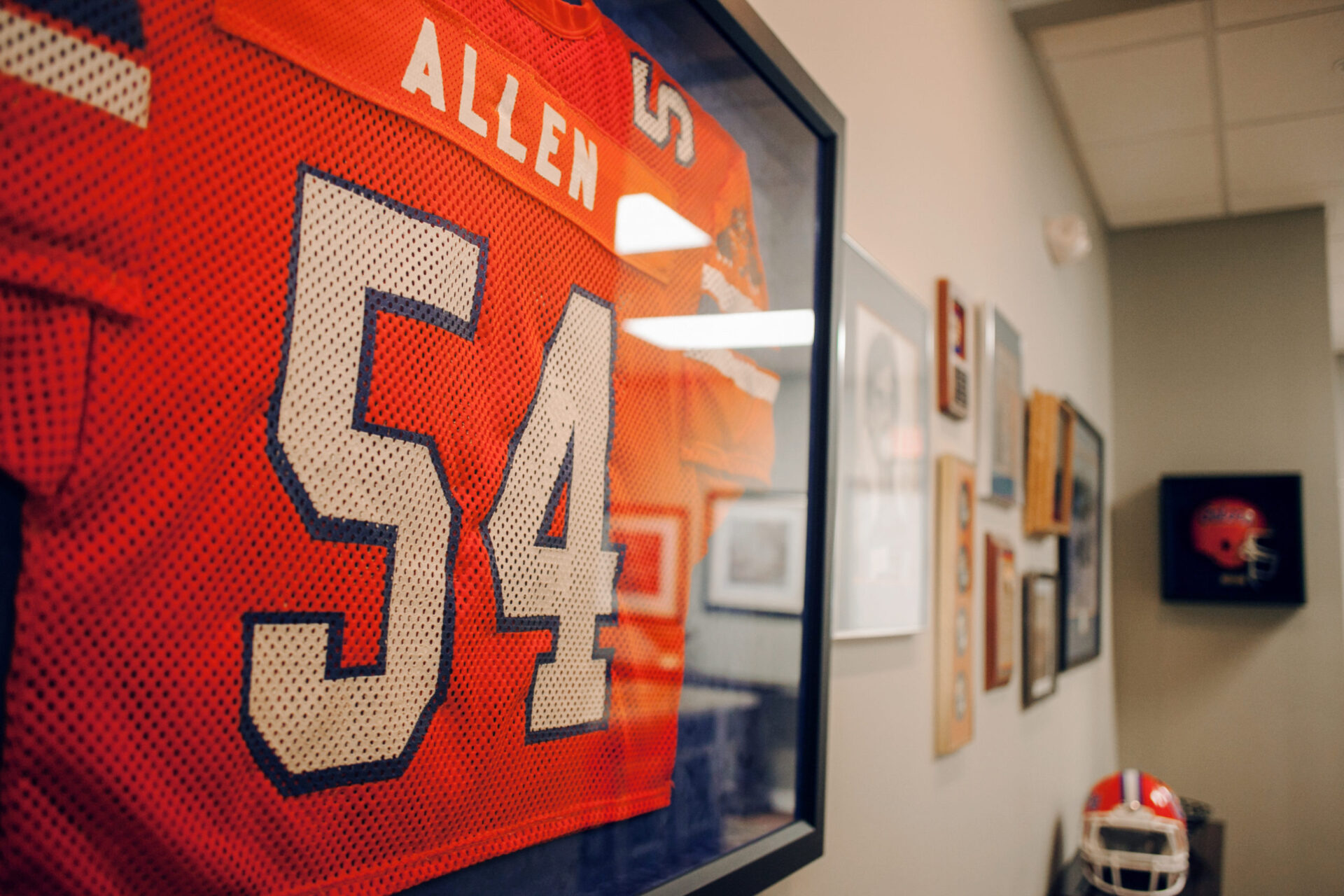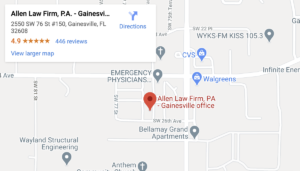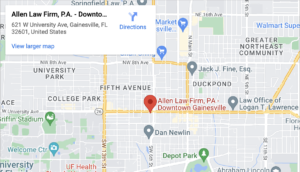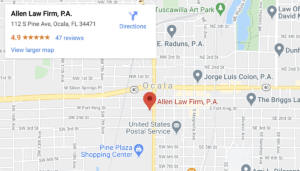Crushing Injury

Crushing injuries are some of the most devastating injuries you can experience. The damage caused by a crushing injury can take months or even years to heal. And crushing injuries can produce side effects and complications that can threaten your long-term health or even your life.
A crushing injury can damage almost every tissue in the affected area. As a result, a crushing injury can affect your ability to work and engage in other daily activities.
You can learn about the causes and effects of a crushing injury and the compensation you can seek after you get crushed below.
What Is the Function of Your Musculoskeletal System?

Your musculoskeletal system involves many types of tissues that perform many different functions. The structure of your body comes from your bones, which contain minerals like calcium and phosphorus that make them strong and rigid. This framework provides the scaffolding that supports your body weight.
Ligaments hold your skeleton together at the joints. These tough, elastic bands provide the strength to hold the bones together but also the flexibility to allow your joints to bend and extend.
Muscles provide body movement and strength, while tendons anchor muscles to your skeleton. The muscles work through the tendons to move your body using the leverage your bones provide. Together, the bones, ligaments, tendons, and muscles make up the bulk of your musculoskeletal system.
Your circulatory and nervous systems support the musculoskeletal system. Every cell in your body, including your bone cells, is alive. These cells need nutrients and oxygen to perform cell metabolism and carry out their functions. They get these nutrients and oxygen from the blood carried by your circulatory system.
Your nervous system controls your muscles by sending nerve signals from your brain to travel along nerves to your muscles and organs. Your nerves trigger the muscles to contract or relax to produce movement.
How Does a Crushing Injury Happen?
Crushing injuries result from compression over an area. This compression can happen quickly, such as when a heavy object falls on you. It can also happen slowly, like when a moving vehicle runs over your body.
Some mechanisms that can cause a crushing injury include:
Mechanical Compression
Mechanical compression happens when your body gets squeezed between two objects. A common compression injury many people have experienced involves shutting a door on your hand.
Compression injuries of this type commonly happen in workplace accidents. For example, a workplace accident involving machines can result in a body part getting pulled into the machine and crushed.
The danger with accidents involving factory machines is that machines are not always designed to run backward. Once your body gets trapped in a machine, co-workers or emergency responders might need to disassemble the machine or amputate your trapped body part to release you.
Heavy Objects
Crushing injuries can happen when a falling object or heavy weight presses on your body. When a heavy object falls on you, the mass combined with its acceleration resulting from gravity can injure you.
A heavy weight can also cause a crushing injury even if it does not fall from a height. If a refrigerator tips over on top of you in an appliance store, you will likely still suffer a crushing injury.
Moving Vehicles
One of the most common construction accidents happens when workers get crushed between a moving vehicle and a fixed object, like a wall.
Moving vehicles can also cause crushing injuries during a traffic accident. Vulnerable road users like pedestrians or bicyclists can get crushed under a vehicle after getting knocked over.
The shear forces involved in a traffic collision can crush vehicle occupants. In a head-on collision, the engine can get pushed into the firewall, causing the passenger compartment to collapse and crushing the people inside. Likewise, a vehicle’s roof can collapse in a rollover crash, leading to crushing injuries to the occupants.
What Are the Effects of a Crushing Injury?
A crushing injury can cause widespread damage to your tissues. Some damage caused by a crushing injury includes:
Shattered Bones
The rigidity of your bones helps them support your body. But when you get hit by a crushing force, bones can only bend a small amount before they snap.
Crushing injuries often shatter bones. This type of bone fracture, called a comminuted fracture, requires surgical repair and can take up to a year to heal. When a bone breaks into three or more pieces, at least one piece floats freely. Doctors must reconstruct the bone using plates or rods and screws.
Soft Tissue Damage
Compression forces can cause cells to rupture and die. They can also restrict blood flow to your cells, causing them to starve. As a result, you could have tissue death in the muscles and tendons in the injured area.
In addition to damaging the muscles and tendons, crushing injuries can damage blood vessels and nerves. This can cause sensory and motor control problems in your injured area. It can also lead to compartment syndrome, where the tissue downstream of your injury dies because it cannot get enough blood due to severe swelling.
Crush Syndrome
Your kidneys filter dead cells and toxic substances from your blood. Crush syndrome happens when your kidneys cannot handle the massive tissue death resulting from a crushing injury. The dead cells and the toxins they release can overwhelm your kidneys and cause them to shut down.
What Compensation Can You Get for a Crushing Injury?
Crushing injuries that result from someone else’s negligence can provide a basis for a compensation claim. You can claim two forms of damages after suffering an injury: economic and non-economic.
Your economic damages are meant to cover all the financial costs of your injury. Since crushing injuries require extensive medical treatment and therapy, you could recover substantial economic damages. Your economic damages also include the wages you lost while recovering from your injury.
Your non-economic damages are meant to cover all the ways your injury affected your quality of life. Pain, mental anguish, and disability can support a claim for non-economic damages. A crushing injury can cause substantial pain and disable you from participating in work or daily activities. Contact our attorneys at Allen Law Accident & Injury Lawyers, for a free consultation to discuss the compensation you can seek for the effects of your crushing injury at (877) 255-3652.




